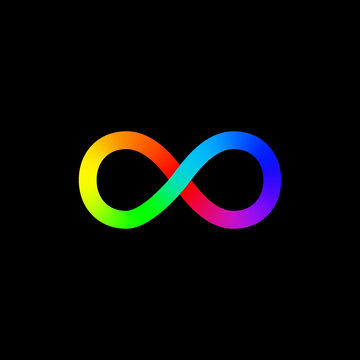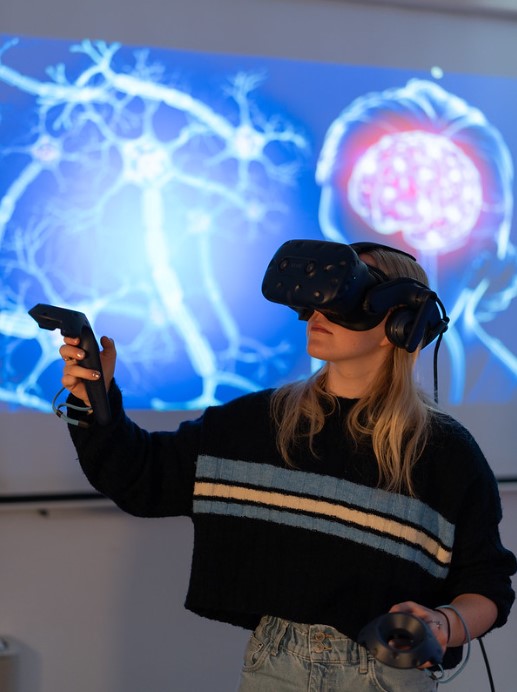| Equity & Diversity
Autism Awareness: Diagnosed as Autistic

Hello everyone! Today we have a short blog by Ibby Williams (SU officer) about their personal experience with being diagnosed with Autism and what they want to see this Neurodiversity week.
On the 11th of August 2022, I was diagnosed as autistic. 1 month later, days before I started my third year of my degree, a 50-page report was sent to me, detailing how autism had presented in my early life and when interacting with a stranger for the first time.
” I had spent 21 years of my life without this integral understanding of myself, and here I was, finally feeling recognised.”
Being undiagnosed for so long had led to many misunderstandings about me. I was labelled shy, difficult, weird, annoying. I had convinced myself that I was an alien, and struggled through most of my childhood trying to pretend that I wasn’t. I was bullied until I was well into my teen years and even now, I struggle to feel like I am taken seriously. In the last month alone, when mentioning my diagnosis, I have on multiple occasions been spoken down to or had autism explained to me by people who are not well informed on the subject.
Autism awareness in my early life would have changed my world. Diagnostic criteria, even now, recognises male autistic traits over females. My intense obsession with my hobbies, my aversion to giving family members hugs and my desire to keep everything in its place, were simply seen as my personality developing. However, if autistic traits in women were as widely recognised, it may have been that I wouldn’t have gone undiagnosed for the first two decades of my life. I could have been given accommodations and been encouraged to be myself.

As it stands, at 22 years old, I am having to re-learn who I actually am. I have spent so much time pretending to be neurotypical – I’ve learnt tricks for looking people in the eye, I pushed myself to go out as a student when I knew it would exhaust me, and I’ve convinced myself over and over that I just need to keep trying to pretend to “be normal”. I am in a constant battle between wanting to be authentic and fear of isolation if I do so.
I want to spread the word that autism can be both a positive and a negative – and that’s okay! I struggle with being told that “autism is my superpower”, it can feel incredibly tricky to see it as a superpower when I am unable to cook or clean because I have exhausted myself. Conversely, it is also difficult when I am pitied for my diagnosis – the reason I am so passionate about my work on disability is because my autism makes me incredibly focused and driven! At the end of the day, autism is still a disability, and that is okay. It still inhibits parts of my life and means I struggle with a lot of tasks that non-autistic people wouldn’t.
This Neurodiversity Celebration Week, I would recommend just listening to the people with lived experience. Try to understand our experiences, rather than talking over us or explaining our lives to us. It is okay to be curious or ask questions about it – I would much rather take someone who is respectfully curious than someone who thinks they know me better than I know myself!
Thank you to Ibby for sharing your story with us.



